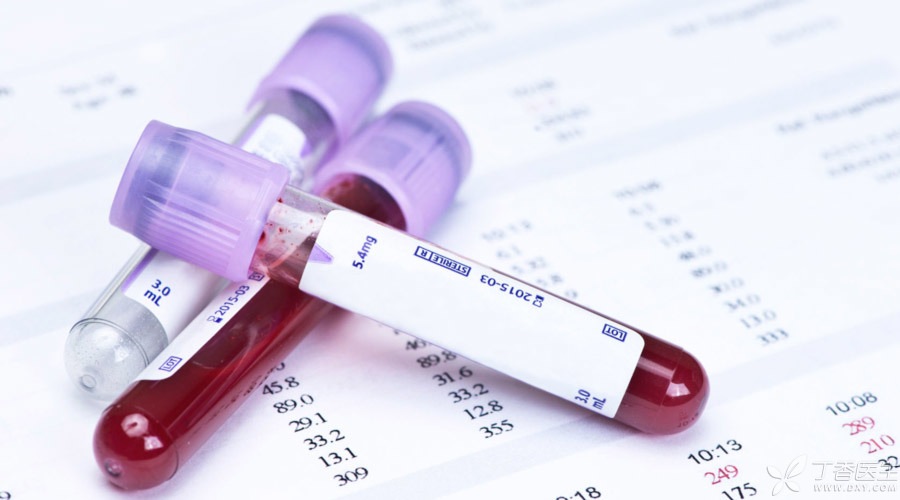
1. Must thyroxine hypothyroidism be hypothyroidism?
Thyroid hormone is secreted by thyroid gland and has the function of regulating body metabolism.
Thyroid hormone abnormalities are most common in thyroid diseases caused by various causes. However, Some non-thyroid diseases also affect thyroid hormone levels, The thyroid function examination shows similar [hypothyroidism] manifestations, such as the decrease of triiodothyronine (T3), or the decrease of T3 and T4 (thyroxine), which are often misdiagnosed as [hypothyroidism]. However, such patients are not really [hypothyroidism]. Instead of relieving the disease after thyroxine supplementation, the disease condition of the primary disease is aggravated.
2. Is what a low T3 syndrome?
Low T3 syndrome (low T3 syndrome) refers to the reduction of T3 level caused by other reasons other than thyroid diseases, also known as [pathological syndrome with normal thyroid function].
3. What are the manifestations of low T3 syndrome?
The main manifestations are: the levels of serum T3 and FT3 decrease, and the levels of serum T4, FT4 and TSH are normal, which is clinically called “low T3 syndrome”. When the patient is in critical condition, T4 also decreases, which is clinically called “low T3-T4 syndrome”.
Although patients with low T3 syndrome have similar test results of hypothyroidism, they generally have no obvious symptoms of hypothyroidism, and are mainly manifested as corresponding symptoms leading to diseases of low T3 syndrome.
4. What are the causes of low T3 syndrome?
- Serious systemic diseases, such as malignant tumor, severe malnutrition, chronic heart failure, renal failure, liver cirrhosis, etc.; Trauma surgery; Psychological stress; Some drugs, such as glucocorticoid, dopamine, propranolol, etc.
All these factors can lead to changes in thyroid hormone levels in the body and low T3 syndrome.
5. How to treat low T3 syndrome? Do you need thyroxine supplements?
Whether patients with low T3 syndrome need thyroid hormone therapy is still a controversial topic.
At present, mainstream research believes that for low T3 syndrome, the key is to treat the primary disease, and thyroid hormone replacement therapy is not advocated.
Low T3 syndrome can reduce tissue, For example, the metabolic level of liver, kidney, heart, skeletal muscle, etc. is a kind of self-protection reaction when the body is in a critical state of disease, which is conducive to the body to tide over the crisis by slowing down metabolism and saving energy consumption. If thyroid hormone is artificially supplemented to improve the metabolic rate of the body, this adaptive change may be destroyed, but it is unfavorable to the body.
A special group of people
Low T3 syndrome is also common in the elderly, but these people may have no acute severe complications and do not need treatment.
